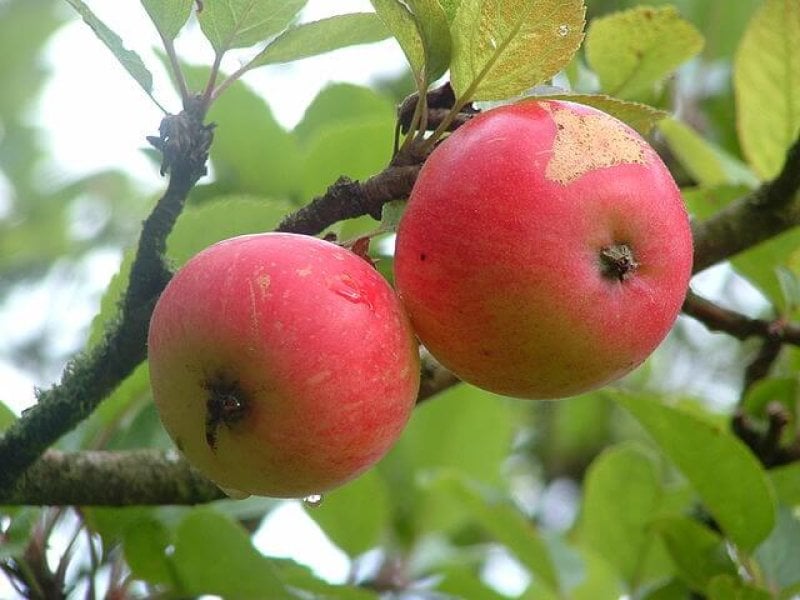A lot of people buy organic foods because they believe organic means free from chemicals and pesticides. But the truth is much different! There are 5,500 different chemical substances and pesticides for use in organic farming.
Why, might you ask? Pests don’t discriminate. There are some things farmers and growers can do to mitigate pest pressure, but at the end of the day, there are 30,000 species of weeds and 10,000 species of insects that they have to compete with. Bugs don’t just fly into a field and say, “Woah, guys, this field is organic! We can’t go in here!” They’ll do whatever they please to invade your flavorful honeycrisp apple. We think they’re delicious, and those little critters think so, too!
…
Do we want to eliminate or reduce pest pressure and chemical use in orchards? Of course we do! And the growers do especially. Every time they spray, it’s money out of their pocket. It is exposure, it is stress. But currently, the pest pressure makes it to where the average organic apple orchard must spray their fields 32 times in a growing season, according to the experts …. Thirty-two! This is primarily due to the fact that organic pesticides are naturally derived, so they’re often not as effective.
Read full, original article: What are you really getting from organic apples?































